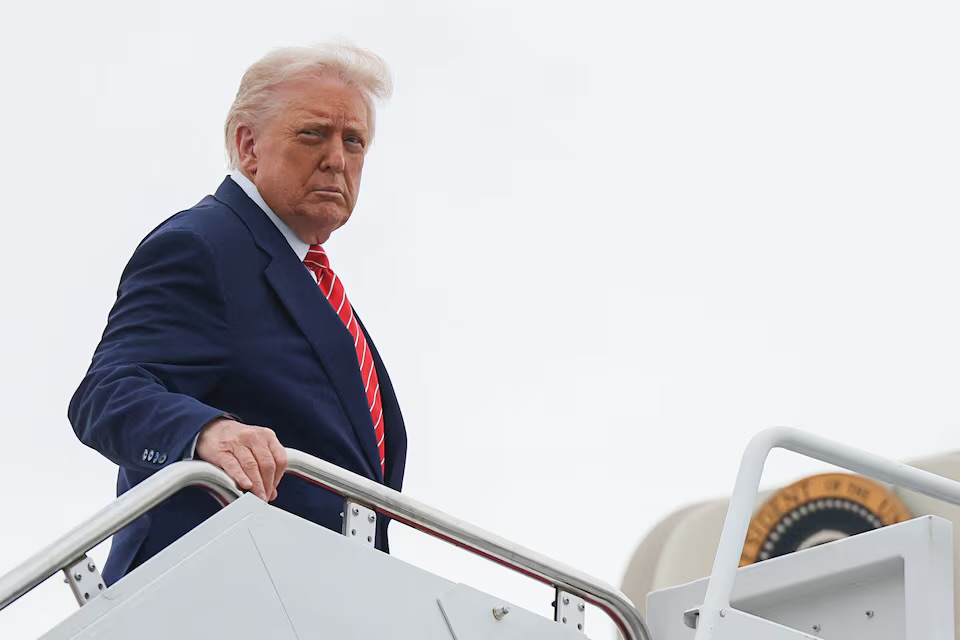The U.S. Supreme Court on Thursday unanimously ruled in favor of a Catholic nonprofit seeking exemption from Wisconsin’s unemployment insurance tax, marking another significant decision expanding religious rights.
In a 9–0 decision written by Justice Sonia Sotomayor, the court sided with the Catholic Charities Bureau, an arm of the Catholic Diocese of Superior and four of its affiliated service organizations. The ruling overturned a lower court’s decision that denied the group a religious exemption, citing the First Amendment’s protection of religious freedom and government neutrality toward religion.
At the center of the case was whether Wisconsin’s refusal to grant the exemption violated constitutional guarantees of free religious exercise and barred governmental preference among religious groups.
Sotomayor criticized the Wisconsin Supreme Court’s interpretation of the state’s exemption criteria, calling it discriminatory. She wrote that denying the exemption based on the group’s decision not to proselytize, despite its religious motivation, amounted to “textbook denominational discrimination.”
“A law that differentiates between religions along theological lines is textbook denominational discrimination,” Sotomayor stated. She emphasized that the government must remain neutral among religious denominations and that any favoritism triggers the highest level of judicial scrutiny.
The Catholic Charities Bureau, established in 1917, provides services to the poor, disabled, elderly, and children with special needs. It describes its mission as an expression of the Catholic Church’s social ministry. The organization and its affiliates do not require employees or clients to be Catholic and do not explicitly promote religious doctrine in their services.
In 2024, Wisconsin’s highest court concluded the organization was not “operated primarily for religious purposes” because its work was largely charitable and secular, despite its religious motivations.
Bishop James Powers of the Diocese of Superior welcomed the ruling, saying it affirms the religious nature of their charitable work.
“At the heart of Catholic Charities’ ministry is Christ’s call to care for the least of our brothers and sisters, without condition and without exception,” Powers said. “We’re grateful the court unanimously recognized that improving the human condition by serving the poor is part of our religious exercise.”
Critics of the ruling expressed concern about its broader implications. Patrick Elliott, legal director at the Freedom From Religion Foundation, warned the decision could weaken the separation of church and state.
“This ruling is a dramatic expansion of religious exemptions that invites confusion, litigation, and further erosion of state-church separation,” Elliott said.
While federal law and most states offer unemployment tax exemptions for religious organizations, eligibility typically depends on whether an entity is “operated primarily for religious purposes.” The Catholic Charities Bureau’s challenge to that standard reflects a broader legal trend, with the Supreme Court increasingly favoring expansive interpretations of religious freedom.
The ruling continues a pattern of decisions from the conservative-leaning court that favor religious groups. Recent landmark cases include rulings on public funding for religious schools, the rights of religious foster care agencies, and public prayer by school employees.
Despite this trend, the Court has drawn limits—such as its May 2025 decision blocking the creation of the nation’s first publicly funded religious charter school in Oklahoma.
Read also: US Supreme Court denies Trump’s bid to delay hush money sentencing



